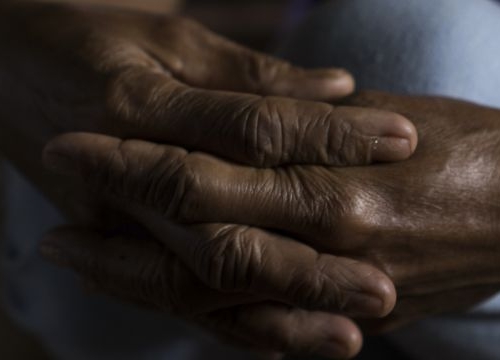Rethinking Human Rights Protection from the Ground Up
Event


ICRC
There is a consistent protection gap for survivors of torture within human rights work, with many survivors and vulnerable people who are unable, for multiple reasons, to effectively access existing national and international protection mechanisms.
- What happens to the effectiveness of protection if we start with the perspectives of survivors of torture and ill-treatment rather than international human rights norms?
- What are the implications of taking a more expansive approach to protection?
- Might we understand protection differently, both in terms of mechanisms for access and the very forms of protection that are available?
- And what lessons can we learn, in this regard, from other areas of practice, such as humanitarianism, child protection or gender-based violence?
These are some of the questions that this roundtable will address in a series of interventions from survivors, researchers, human rights activists and treaty bodies.
This roundtable – organized by the Geneva Human Rights Platform, the University of Edinburgh and DIGNITY-Danish Institute against Torture – emerges out of the research project ‘Protecting survivors of torture’ financed by the British Academy through the University of Edinburgh. The project explored protection strategies from below in Sri Lanka and Kenya, with additional analyses in Tunisia, the Philippines and Brazil. The research illustrated how often victims of torture and ill-treatment are left to their own devices and how they identify and employ strategies that are both testimonies to ingenuity as well as sometimes counter-productive.
There is therefore an urgent need to address questions around protection that do not only start with human rights frameworks but find ways to identify ways to support survivors in their struggle to stay safe.
Chair
- Steffen Jensen, Senior Researcher, DIGNITY-Danish Institute Against Torture
Short Introduction
- Felix Kirchmeier, Executive Director, Geneva Human Rights Platform
Setting the Scene
- Toby Kelly, Professor of Political and Legal Anthropology, University of Edinburgh
- Emriza Tegal, Human Rights Lawyer, Sri Lanka
- Juliet Wanjira and Wangui Kimari, Grassroots Defender, Mathare Social Justice Centre, Kenya
The Perspective of Global Anti-Torture Mechanisms
- Morten Olesen, Director of International Programs, DIGNITY
- Gerald Staberock, Secretary General, World Organization against Torture
- Ana Racu, Member, UN Committee Against Torture
Wider Perspectives on Protection
- Robert Lewis-Lettington, Chief, Land, Housing and Shelter Section, UN-Habitat
- Ilaria Paolazzi, Deputy Director, Child Rights Connect
- Geneva Call (tbc)
Get Ready: Relevant Links
Draft Research Brief: The Possibilities and Limitations of Grassroots Human Rights Protection








